'The problem of evil proves that there can be no God'
Subjects
-
Art - 6th Form List Item 2
-
New List Item Write a description for this list item and include information that will interest site visitors. For example, you may want to describe a team member's experience, what makes a product special, or a unique service that you offer.
Biology - 6th Form -
New List Item Write a description for this list item and include information that will interest site visitors. For example, you may want to describe a team member's experience, what makes a product special, or a unique service that you offer.
Business Studies - 6th Form -
New List Item Write a description for this list item and include information that will interest site visitors. For example, you may want to describe a team member's experience, what makes a product special, or a unique service that you offer.
Chemistry - 6th Form -
New List Item Write a description for this list item and include information that will interest site visitors. For example, you may want to describe a team member's experience, what makes a product special, or a unique service that you offer.
Computer Science - 6th Form -
New List Item Write a description for this list item and include information that will interest site visitors. For example, you may want to describe a team member's experience, what makes a product special, or a unique service that you offer.
Drama - 6th Form -
New List Item Write a description for this list item and include information that will interest site visitors. For example, you may want to describe a team member's experience, what makes a product special, or a unique service that you offer.
English - 6th Form -
New List Item Write a description for this list item and include information that will interest site visitors. For example, you may want to describe a team member's experience, what makes a product special, or a unique service that you offer.
Extended Project Qualification - 6th Form -
New List Item Write a description for this list item and include information that will interest site visitors. For example, you may want to describe a team member's experience, what makes a product special, or a unique service that you offer.
French - 6th Form -
New List Item Write a description for this list item and include information that will interest site visitors. For example, you may want to describe a team member's experience, what makes a product special, or a unique service that you offer.
Further Maths - 6th Form -
New List Item Write a description for this list item and include information that will interest site visitors. For example, you may want to describe a team member's experience, what makes a product special, or a unique service that you offer.
Geography - 6th Form -
New List Item Write a description for this list item and include information that will interest site visitors. For example, you may want to describe a team member's experience, what makes a product special, or a unique service that you offer.
History - 6th Form -
New List Item Write a description for this list item and include information that will interest site visitors. For example, you may want to describe a team member's experience, what makes a product special, or a unique service that you offer.
Latin - 6th Form -
New List Item Write a description for this list item and include information that will interest site visitors. For example, you may want to describe a team member's experience, what makes a product special, or a unique service that you offer.
Music - 6th Form -
New List Item Write a description for this list item and include information that will interest site visitors. For example, you may want to describe a team member's experience, what makes a product special, or a unique service that you offer.
Mathematics - 6th Form -
New List Item Write a description for this list item and include information that will interest site visitors. For example, you may want to describe a team member's experience, what makes a product special, or a unique service that you offer.
Physics - 6th Form -
New List Item Write a description for this list item and include information that will interest site visitors. For example, you may want to describe a team member's experience, what makes a product special, or a unique service that you offer.
Religious Studies - 6th Form -
New List Item Write a description for this list item and include information that will interest site visitors. For example, you may want to describe a team member's experience, what makes a product special, or a unique service that you offer.
Spanish - 6th Form
An A level Religious Studies essay written by Elena F
The problem of evil poses one of the most fundamental arguments against the existence of a benevolent God. In the face of evil events such as suffering and death philosophers have responded in a number of ways: some have questioned whether evil exists at all thus nullifying the problem, while Philosophers such as Epicurus and later Hume sought to prove the improbability of there being a God with all his given attributes while evil and suffering continued. Augustine and Ireneus, through their theodicies, aimed to justify God in the face of evil attempting to prove the existence of evil does not determine whether God exists but rather whether he was to blame for the coming of evil in the world.
Epicurus is the earliest philosopher who attempted to define the problem of evil. He posited his inconsistent triad which argues that an omni-potent and omni-benevolent God cannot exist while suffering persists. As a result of this logical contradiction, Epicurus questioned not whether God existed but rather whether God was all loving and all powerful. David Hume expanded on the inconsistent triad and objected to the idea of a classical theistic God, as there was too much evidence for the existence of evil in the world. He concluded that God did not exist at all, while Mackie and McCloskey argued that God had the attributes of a theistic God but allowed evil. So ultimately God is responsible for evil.
In response to these accusations Augustine proposed his theodicy, where he justified God’s involvement in the problem of evil. He began by looking at the origins of evil, which can be found in the story of the fall in Genesis. God made all things good, and it is illogical for Him to create bad things because it is contradictory to the nature of God. Augustine further asserted the idea that evil is not a created thing in itself but rather is an absence of the good. Therefore it was not created as it is not a substance but evil is a privation of the goodness which God created. This was reinforced by Herbert MaCabe and his statement about deckchairs and grapes that fail to meet our expectations. This also links perfectly with Aristotle’s concept that good things should fulfil their final purpose and failure to fulfil that purpose is an evil. Augustine stated that things which are now evil were created perfectly good before they were corrupted by man. Hence the problem of evil came from the fall of mankind and it is therefore unjust to blame God for its occurrence.
Although Augustine's theodicy is seen to be very powerful in its purpose, it seems to neglect certain aspects of the argument. Some doubt how literally the account of the fall in Genesis can be taken as evolution can be seen to undermine that we are seminally present in Adam and Eve, thus disproving one of the premises of the argument causing the rest of the theodicy to fail. However as science evolves we are beginning to find that we can be traced back to a point of origin, showing that in fact there may even be scientific truth to the story of Genesis. Schleiermacher insisted that if the world was created perfectly it should not have gone wrong. Some have even questioned why God didn't just change the plan or withdraw from giving us free will. To counter this, Swinburne argued that if God had intervened it would compromise free will and turn him into an overprotective parent.
The second theodicy is Irenaeus’s justification for God which was then reworked by Hick. Ireneaus took another approach in order to justify God, unlike Augustine's theory of a soul-deciding world, Irenaeus’s theodicy was described as soul-making. This is the idea that evil is necessary for man to go from the image of God and spiritually mature into the likeness of God, so there is evil in order to provide opportunities to develop. This concept links perfectly with C.S. Lewis’s analogy of us being the rock that is chiselled away to perfection by the sculptor-Go, as well as Aristotle’s notion of act and potency, as man has the potentiality to have the likeness but needs God to put it into act. In Hick’s version of Irenaean theodicy he adds that we are created at an epistemic distance from God and we must cover it to become like him. In order to do so God allows evil in the world, Hick also speculates that if we don’t manage to cross this distance then God will do so himself. Hick’s universalism attempts to prove that the classical theistic God is omni benevolent, as he seeks to save us all despite our fallen nature.
Atheists such as Karl Marx completely discarded the idea of an epistemic distance as they opposed the idea of having to live in suffering and then reap the rewards post mortem. Additionally Dostoevsky explores in his book The Brothers of Karamazov, why God would send evil and suffering to children, who have no understanding of why they are being punished. The character rejects this idea just as Marx did, and states that it was inconceivable for a benevolent God to inflict suffering on innocent children. Yet, Augustine would argue that the children are not innocent because original sin is seminally present in all human beings so we are being punished through natural and moral evils. Hick would also add that God is giving opportunities for these children to mature spiritually and will understand the events after.
To conclude, having looked at the challenges, it is understood why there is a rejection of God's existence in the face of Evil. The inconsistent triad presented by Epicurus and later developed by Hume, clarifies the logical contradiction between God and evil. In resolution to the problem, Irenaus posits his theodicy arguing that evil is necessary for us to be moulded into the likeness of God. Augustine also argues that man is responsible for moral and natural evil because through the fall man corrupted the perfect hierarchy of creation. This demonstrates that God is not accountable for the existence of evil, so it does not contradict His attributes. Thus showing that the problem of evil does not put into question the existence of God.




